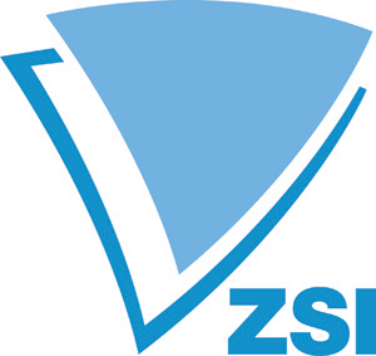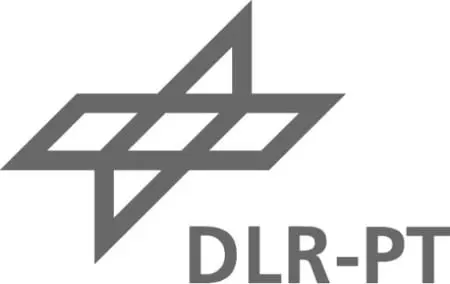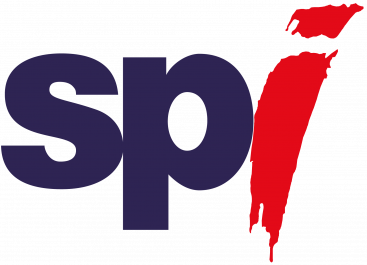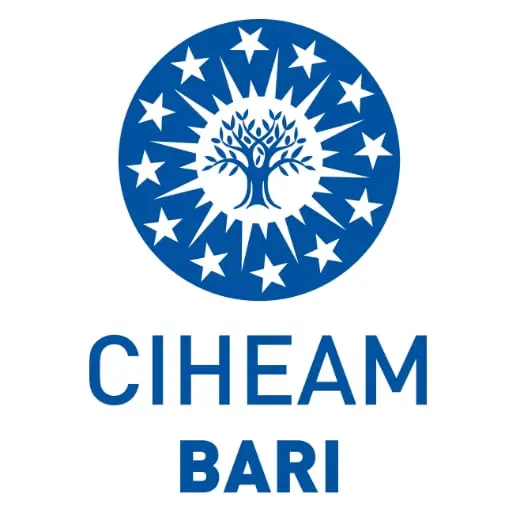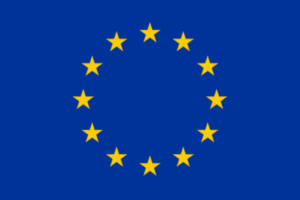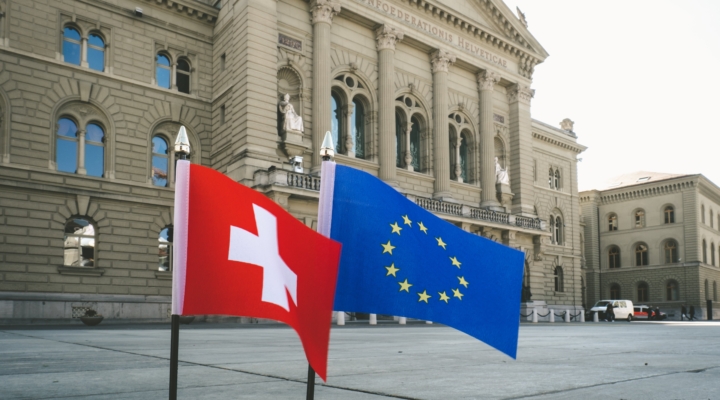 Christian Wasserfallen, Pexels
Christian Wasserfallen, Pexels The Swiss State Secretariat for Education, Research and Innovation (SERI) is convinced of the benefits of participation in European networks and the competition that comes with it. Even with currently no association to the EU’s current research and innovation framework (R&I) programme, Horizon Europe, the country would remain politically and financially committed. Equally, Switzerland is an important partner of the EU in the field of R&I.
In line with the strong interest of both the EU and Switzerland in joint R&I cooperation, Switzerland’s regular promotion of MSCA is working very effectively, thanks to a well-established National Contact Point (NCP) system at Euresearch, which is further supported by very active and responsive information relays at major universities throughout the country. The system could serve as a role model for other non-EU countries.
This good information system, combined with the strong commitment of Swiss policymakers to support R&I, results in the country’s excellent MSCA participation rates in the previous programming period (Horizon2020; 2014–2020), and the country is also on track for high participation rates in Horizon Europe (2021–2027).
Need to enhance private sector involvement in MSCA projects
One of the key takeaways from an MSCAdvocacy mission to Switzerland in June is the importance of fostering closer links between academia and industry. Private sector representatives emphasised the need for greater collaboration. MSCAdvocacy will continue to support this exchange.
Swiss MSCA participation rules
As a non-EU country, Switzerland has to negotiate its association with Horizon Europe. Currently, Switzerland has the status of a third country. Organisations based in Switzerland can participate in MSCA Doctoral Networks, MSCA Staff Exchanges and COFUND as ‘Associated Partners’. The Swiss project partner is not funded by the European Commission, but by the State Secretariat for Education, Research and Innovation (SERI). Furthermore, as long as this status remains unchanged, researchers with a Swiss host institution are not eligible to apply for MSCA Postdoctoral Fellowships. However, Switzerland is eligible as a host country for the outgoing phase of Global Postdoctoral Fellowships. For further information, contact the Swiss National Contact Points.
Find out more
If you are interested in applying to the MSCA Doctoral Networks 2023 programme, the call is open until 28 November 2023, providing an excellent opportunity to benefit from Switzerland’s well-established infrastructure and expertise in this domain.
Marie Skłodowska-Curie Actions (MSCA)
EU cooperation with Switzerland in research and innovation
Information on the Swiss participation in Horizon Europe and related programmes and initiatives
Swiss Position Paper on the past, present and future of Horizon Europe
Teaser image: The Swiss and the EU flag near the Court of the Swiss Confederation in Bern, Christian Wasserfallen, Pexels
